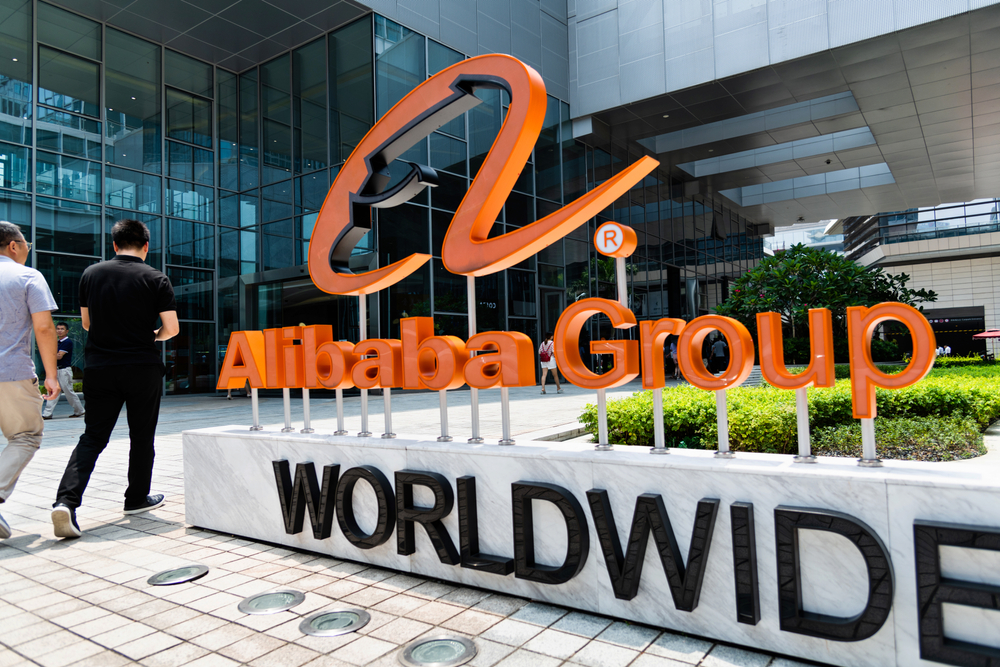Alibaba released two open-source large language models on its cloud computing platform which are expected to compete with the smallest version of Meta’s Llama 2 model.
The Chinese tech company released its Tongyi Qiawen model earlier this year and says that the new releases, Qwen-7B and Qwen-7B-Chat, are pared-down versions of that LLM. The “7B” in the model names refers to their being trained on 7 billion parameters which is the same amount as the smallest version of Meta’s Llama 2 was trained on.
Having pre-trained models available is a huge time and computing expense saving for companies looking to use AI models in their applications.
Alibaba has taken a similar approach to Meta’s release of Llama 2 by making its smaller models open-source and free to implement by third-party developers. The company hopes that this will result in greater adoption and real-world testing of its models.
Like Meta, Alibaba refers to the models as being “open-source” although that’s not quite true. It has similar usage requirements to Llama 2, with companies that have 100 million users per month requiring a license from Alibaba.
While the models are available for free to most users, Alibaba will benefit financially by charging users of its cloud computing platform to run them. It doesn’t have any plans to release its larger model for free or open-source as yet. Alibaba also makes Llama 2 available on its servers so it will be interesting to see how the adoption of these competing models goes.
News of the release comes about 2 weeks after Alibaba announced upgrades to its cloud computing platform.
It upgraded its vector engine on its AnalyticDB data warehousing service which the company says will make the creation of generative AI apps a lot faster. It claims that pre-configured AI applications can be built in as little as 30 minutes.
Alibaba’s move is indicative of the intensifying AI race between China and the US. Other Chinese tech giants, Huawei and Tencent, have also been working on their own models with announcements on these fronts expected soon.
Despite the insatiable appetite for AI applications, US chip export restrictions and global high-end GPU shortages are slowing the pace of Chinese AI development somewhat.
The Chinese AI regulations that go into effect next week will also slow the pace of generative AI developers as they wade through the bureaucratic process of obtaining AI licenses from the authorities.
Chinese tech companies like Alibaba will be hoping they can overcome some of these challenges and also achieve greater adoption outside of their home market. That may be considerably easier than for developers of paid models like OpenAI and Google to find traction in China.





